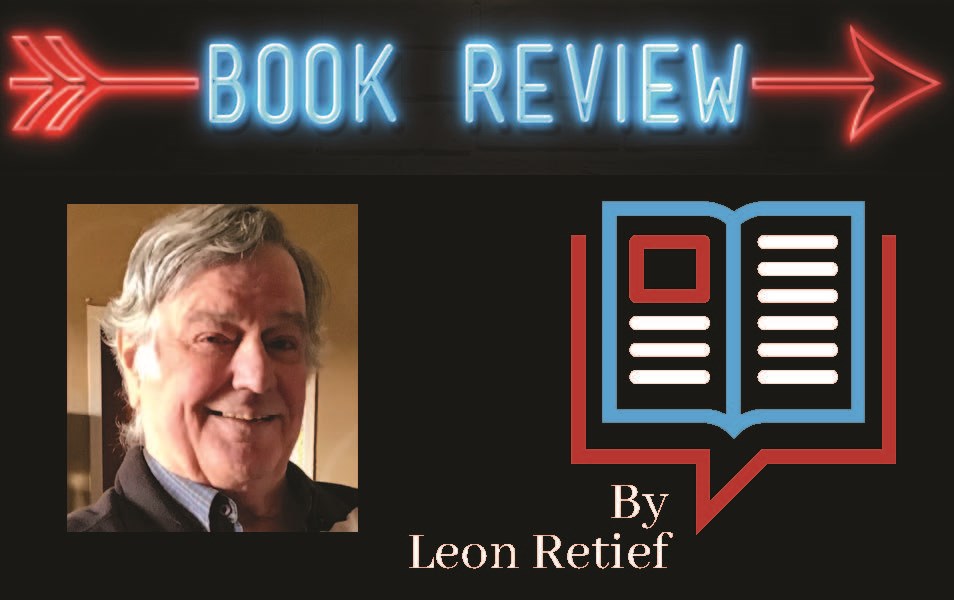The World: A Family History of Humanity.
Simon Sebag Montefiore.
Alfred A. Knopf, 1304 pages, hardcover, bibliography available separately.
The author and the composer harbour similar opinions about the scope of their work, but they share another characteristic: neither has managed to get the hang of putting things in a nutshell.
Sebag Montefiore (henceforth SSM) starts this history by telling about the earliest known traces of Homo sapiens outside Africa: the fossilized footprints of one family, probably one male and four children, on a beach near the English town of Happisburgh, left there between 950 000 and 850 000 years ago. Families form the core of many historical events described in this book; I was surprised by how prominently dynasties were involved in changing the course of history.
The first name mentioned outside of the introduction (on page 3) is that of Enheduanna, the high priestess (circa 2300 BCE) of the moon god Nanna in the Sumerian city-state UR. More than a thousand pages later, in the conclusion (page 1262), we read a quote by the last person mentioned by name, the famous scientist Edward O. Wilson, which I have added at the end of this review because it is descriptive of this book as a whole.
In between, there are more names than in the Saskatoon telephone directory, or so it seems at times, and good luck finding a great many of them in the index.
This history is truly global. SSM naturally discusses the major power players but lesser countries such as Haiti and South Africa also featured. Long-forgotten but still important and interesting figures who shaped events in some now obscure manner or corner of the world also get their 15 minutes of fame.
The book chronicles an unending litany of violence, mayhem and man’s inhumanity to man — palace intrigues, love affairs, incest, murders, (often by strangling, poisoning or beheading), plagues, religious persecution, betrayals and wars follow in rapid succession. Parents murdered or were murdered by their spouses and/or children and children viciously turned on siblings. There is scant mention, let alone discussion, of the growth of art and literature, science and technology or changes in systems of government.
Well, Chairman Mao said that long-lasting peace is unendurable to humans and “We love sailing on a sea of upheavals.” So there you have it – a chronicle of cruelty, of life and death in palaces, farms, mountains, plains and deserts and no mercy anywhere.
One of the things I appreciated in this book is that history is not seen through a Western lens – indeed, long before the rise of the West other often magnificent civilizations rose, conquered, spread and withered, some to rise again – modern China is a good example. Also, SSM clearly shows that the many evils Western civilization is so often (and rightly) accused of, are not and never was peculiar to the West. Every civilization and/or dynasty which could do so invaded, killed, raped and attempted genocide, sometimes successfully. Slavery, for example, wasn’t a Western invention, Arabs kidnapped and transported about six million Africans between the 11th and 16th centuries alone. More often than not these unfortunate people were sold by their rulers.
The sheer length of this book, as well as the unending descriptions of violence and murder, eventually wore me down a bit and to be candid, I found it difficult to read right to the end – not, let me add, because of any deficiencies in SSM’s talents as a writer, but simply because there are too many characters and too many murders, too much death, cruelty and bloodshed. I am quite willing to admit that this is my fault and not that of the author.
Whatever one may think of SSM’s books (including this one), there can be no doubt that he is extremely well-read and draws on a vast knowledge and amount of research. I thoroughly enjoyed two of SSM’s many other books, his histories of Jerusalem and the Romanovs, and can wholeheartedly recommend them.
SSM is fond of using rather rare words, and here are two which I have never read before and do not know the meaning of: frizelate and naufragiologist. If any reader can help, I’d very much appreciate it.
“The real problem of humanity is we have palaeolithic emotions, medieval institutions and godlike technology” EO Wilson.




